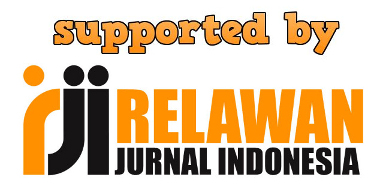Analisa Keputusan Ibu dalam Memberikan Asi Eksklusif
DOI:
https://doi.org/10.30590/joh.v12n2.10Keywords:
Exclusive breastfeeding, knowledge, attitude, husband's supportAbstract
Breast milk (ASI) is the most perfect source of nutrition for infants, containing essential nutrients and antibodies necessary for growth and development. According to WHO, the global rate of exclusive breastfeeding for infants aged 0–6 months is 41%, which remains below the Global Nutrition Target of 50% by 2025 and 70% by 2030. In Indonesia, the exclusive breastfeeding coverage in 2023 was 67.74%, yet in Semarang Regency, it was only 41.4%. This study aims to identify the factors influencing mothers' decisions to provide exclusive breastfeeding in Semarang Regency. A quantitative method with a cross-sectional design and purposive sampling technique was used. Data analysis included univariate (frequency distribution), bivariate (chi-square test), and multivariate (linear regression). The findings indicate that decision-making is influenced by the Health Belief Model, Theory of Planned Behavior (attitude, subjective norm, perceived control), and Social Cognitive Theory. Of the respondents, 43.8% were working mothers, 76.8% had moderate education, and 51.7% had a positive attitude toward exclusive breastfeeding. High husband support (56.3%) showed the strongest correlation (r = 0.466). Knowledge and income also played important roles. Education programs involving husbands are recommended to enhance the success of exclusive breastfeeding.
Downloads
Published
Issue
Section
License
Copyright (c) 2025 Noviasari Handayani, Gunarmi Gunarmi, Risnawati Risnawati

This work is licensed under a Creative Commons Attribution 4.0 International License.












